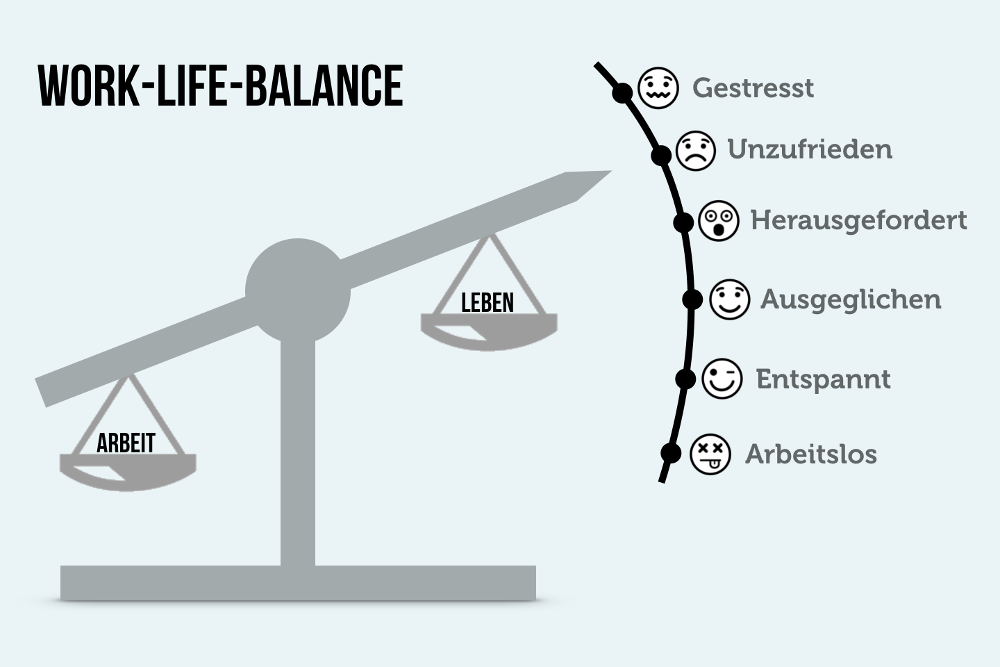

These organizations tend to offer various treatments and therapies for patients suffering from mental health conditions that may have underlying or unknown physical causes. Psychiatrists are employed by all sorts of organizations, such as hospitals, clinics, universities, community agencies, courts, prisons, the military, rehabilitation centers, nursing homes, and private practices.

Monitoring patient progress over time and making adjustments to treatment plans as needed.Developing treatment plans: prescribing medications, providing therapy or counseling, or making referrals to other healthcare providers.Conducting patient evaluations and assessments: reviewing medical records, conducting interviews, and administering diagnostic tests.Jeffrey Geller, President of the American Psychiatric Association In addition, many psychiatrists are involved in teaching, research, and advocacy efforts to improve mental health treatment and outcomes.” Dr. They may also be consulting with other healthcare providers, such as primary care physicians, social workers, or therapists. They may be conducting diagnostic evaluations, meeting with patients to discuss treatment options, and providing psychotherapy or medication management. “On a typical day, a psychiatrist may be seeing patients in a clinic, hospital, or private practice setting. Learn more about other behavioral health jobs. This gives psychiatrists a wide range of specialisms and routes to develop in their career, making it an interesting and varied role with plenty of opportunities for dedicated and hardworking individuals. It is common for psychiatrists to specialize in areas such as See also what’s the difference between a psychologist and a psychiatrist? One of the key distinctions between psychologists and psychiatrists is that psychiatrists will generally seek to identify a biological or physiological cause for certain mental health conditions or symptoms, aiming to treat these with medicines as well as psychological therapies, whereas psychologists generally focus on psychological therapies and psychological factors alone.This means that psychiatrists need a good knowledge of genetics, and other physical health issues that can affect mental health, blending physical medicine and mental health therapy to be able to diagnose and treat a wide range of conditions most effectively. They also build rapport with other professionals in the field, evaluate how mental health affects physical health, and help patients manage their emotions.
#PSYCHIATRIST WORK LIFE BALANCE HOW TO#
They need to know how to use medication to treat conditions, how to recognize warning signs of mental illness, how to talk to patients about their mental health, and how to respond to challenging situations. They must understand the biological and psychological causes of mental illness. Psychiatrists have to have diverse skill sets. The primary difference between a psychiatrist and a therapist is the ability to prescribe medicine and psychoactive drugs. They can diagnose mental illnesses and treat them with medication and talk therapy. Psychiatrists are trained in psychotherapy and drugs to provide comprehensive mental health treatment. The field of psychiatry is relatively new in the realm of medicine. These skills can include helping people manage mood disorders, anxiety disorders, and substance abuse. Psychiatrists are trained to evaluate how mental, emotional, and physical health interacts and how they affect each other. Psychiatry is a specific area of medicine that focuses on mental health conditions, from causes and diagnosis to prevention and treatment of a range of different conditions. What does a psychiatrist do in their job?.


 0 kommentar(er)
0 kommentar(er)
